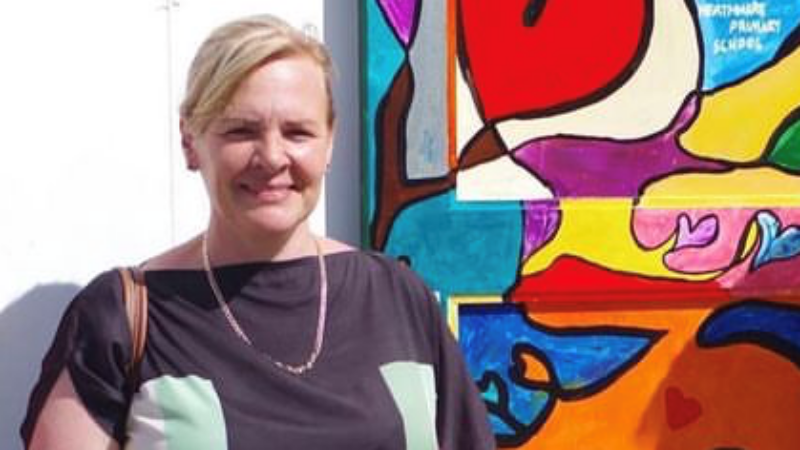Funded by a £40,000 government grant, the Roehampton Community Health Champions Project will help local people get better access to information that could improve their health.
The idea is to recruit a network of volunteers to share information with their neighbours through their existing relationships and connections as well as setting up topic-specific events. The scheme is supported by NHS South West London and Wandsworth Borough Council – after it was shown to work well in other areas during the pandemic.
Around 13,000 people live on the estate but many experience health inequalities which means they are more prone to high blood pressure, diabetes and heart disease than people in more affluent neighbourhoods nearby. People living on the estate are also less likely to be fully vaccinated against COVID-19.
“I think it is wrong and unfair that people in Roehampton and Putney Heath have significantly worse health than people who live just a few hundred yards away,” says Lynne Capocciama (pictured) who is leading the project through her not-for profit company, Estate Art. “Residents have long felt isolated and ignored by a number of services and statutory bodies.
A community full of talented people
“We live in a community full of big-hearted and talented people and I believe they deserve the best in health care and life opportunities. The trouble is that so many of us don’t know what support is out there and how to get our hands on it.
“The health champions project is a scheme funded by government to find local people who care about local health needs and are passionate about making things better for all of us.”
I’m looking for local people who are passionate about makings things better for all of us.”
Lynne Capocciama, project leader
Lynne, an artist, has lived on the estate for 26 years and is well-known for her colourful larger-than-life murals. During COVID, she rallied support through Estate Art to deliver a range of social support initiatives to help people cope with lockdown. These included community sing-alongs, organising food donations and encouraging vaccination drives.
The community response to COVID-19 showed local people at their best, she says. However, the pandemic – and its long-lasting health and social effects – also threw a spotlight on the structural health inequalities experienced by many in the community.
Building supportive health networks
Over the next 12 months, Lynne is aiming to recruit a team of 10 volunteer community health champions to create supportive health networks across Roehampton and Putney Heath. The champions will be part of a structured programme of events and will have back up from other volunteers.
The project is centrally funded for a year with the expectation that it will develop into a self-sustaining network of local people which delivers positive and lasting change.
Because the volunteers will be familiar and trusted members of the local community, it is hoped that they will dispel myths and disinformation and build trust.
Becoming a community health champion
Volunteers will be expected to commit at least two hours a week to the project. No previous health experience is required and training will be given. Key duties will include:
- talking to families and friends to identify health needs in the area
- taking part in blood pressure and diabetes checks
- helping to arrange fitness classes and exhibitions
- motivating and empowering residents to get involved in health‑promoting activities
The training you receive could also be a useful path back into employment for people who are not working.”
Lynne Capocciama, project leader
Although the work is unpaid, training will be given and there will be a chance to gain a level 2 accredited qualification in Understanding Public Health. This could be a useful path back into employment for people who are not working.
“There are no hard and fast rules for who makes a good community health champion,” Lynne says. “It helps if you find it easy to talk to people but you can also be on the quiet side and more interested in organising, IT and building networks.
“Being able to work in a team is also important but what we want above all is people who are passionate about making a difference.”
“COVID was a tough time for local people but I’m proud of what we achieved in that time. I want us to grab hold of all that purpose and passion and turn it into something permanent. I think the community health champions project could be our chance to own our own future.”
